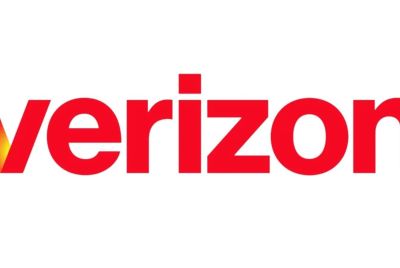How Earned Wage Access Is Disrupting The Last Thing You Wait For: Your Pay
Waiting for payday to pay a bill is financially harmful to consumers

Remember when you'd sit around and wait for your favourite TV show to come on? Netflix and others disrupted that industry for good, so now that show you love is available at the press of a button. In fact, according to Nielsen, Americans streamed 21 million years' worth of content last year.
Consider hailing a cab or calling a car service. Uber, Lyft, and others have disrupted that industry in the last decade, so much so that Uber drivers completed 9.44 billion trips last year.
Disruption In Daily Lives
Also, within the last decade, the way we order food has become substantially easier. Rather than reading a paper menu that you might have tucked into your kitchen cabinet and dialling your local restaurant to place your order, we can do the very same through the convenience of our mobile device. Services like DoorDash and Uber Eats made this process seamless and effortless, allowing your next meal to be only a click away. In 2023, over 1.6 billion people used food delivery apps worldwide.
The world has changed. Practically anything and everything you need is available on-demand with a button on your phone. This, of course, includes the ability to pay bills - which notoriously wait for no one. But if it's so easy to pay bills - why did about half of Americans pay a bill late in the past year, according to LendingTree, when technology makes it so easy to pay them?
The transition to online payments closed the gap ever so slightly, as we don't have to consider transit time for mail-in payments. However, the ever-so-important factor is that we are still waiting for the transit time of our earned wages to make these critically important and necessary payments on time.
Automating Pay
So why is our pay one of the last places to wait for something? Having to wait two weeks or longer to get paid is archaic and a relic of a bygone era, with potential negative financial consequences. The impetus for the two-week pay cycle was the Revenue Act of 1942, which required employers to withhold money from employees' paychecks.
However, this artefact from World War II must be retired. With millions of Americans living paycheck to paycheck, waiting for payday to pay a bill is financially harmful to consumers, driving many to resort to expensive options such as payday loans to make ends meet.
Payroll Innovations
However, just like Netflix, Uber, Doordash, and Grubhub, earned wage access disrupts an industry desperate for innovation - payroll. The last true innovation in the industry is celebrating its 50th birthday next year, and the first direct deposit program for Social Security benefits was introduced in 1975.
With the employer-sponsored benefit of earned wage access, employees are empowered with choice and control over their pay. They can pay bills, spend, save, or invest on their own schedule, eliminating the need to wait for an arbitrary payday to receive the pay that the employee has already earned.
It's no surprise that companies are taking notice. In the past year, DailyPay, a provider of earned wage access who partners with many of America's largest employers, from Hilton to Kroger, moved $26 billion on its work tech platform, proving that true disruption of the payroll industry has arrived.
Research shows that employees with earned wage access are better equipped to pay bills on time and avoid the endless cycle of debt. According to data from Arizent, nearly 7 in 10 users who previously paid late fees do this less often or have stopped completely since using DailyPay. Moreover, 62% of users who previously incurred credit card interest charges do this less often or stopped completely since they started using DailyPay.
Disruption can be scary and daunting, but it can also improve our lives. It's natural to take the easiest and safest path because "this is how it's always been done." But that also leads to stagnation. When it comes to pay, the wait is over—earned wage access (EWA) has helped modernise and innovate a system that negatively impacted hard-working Americans for far too long.
Stacy Greiner is the CEO Of DailyPay.
© Copyright IBTimes 2025. All rights reserved.





















